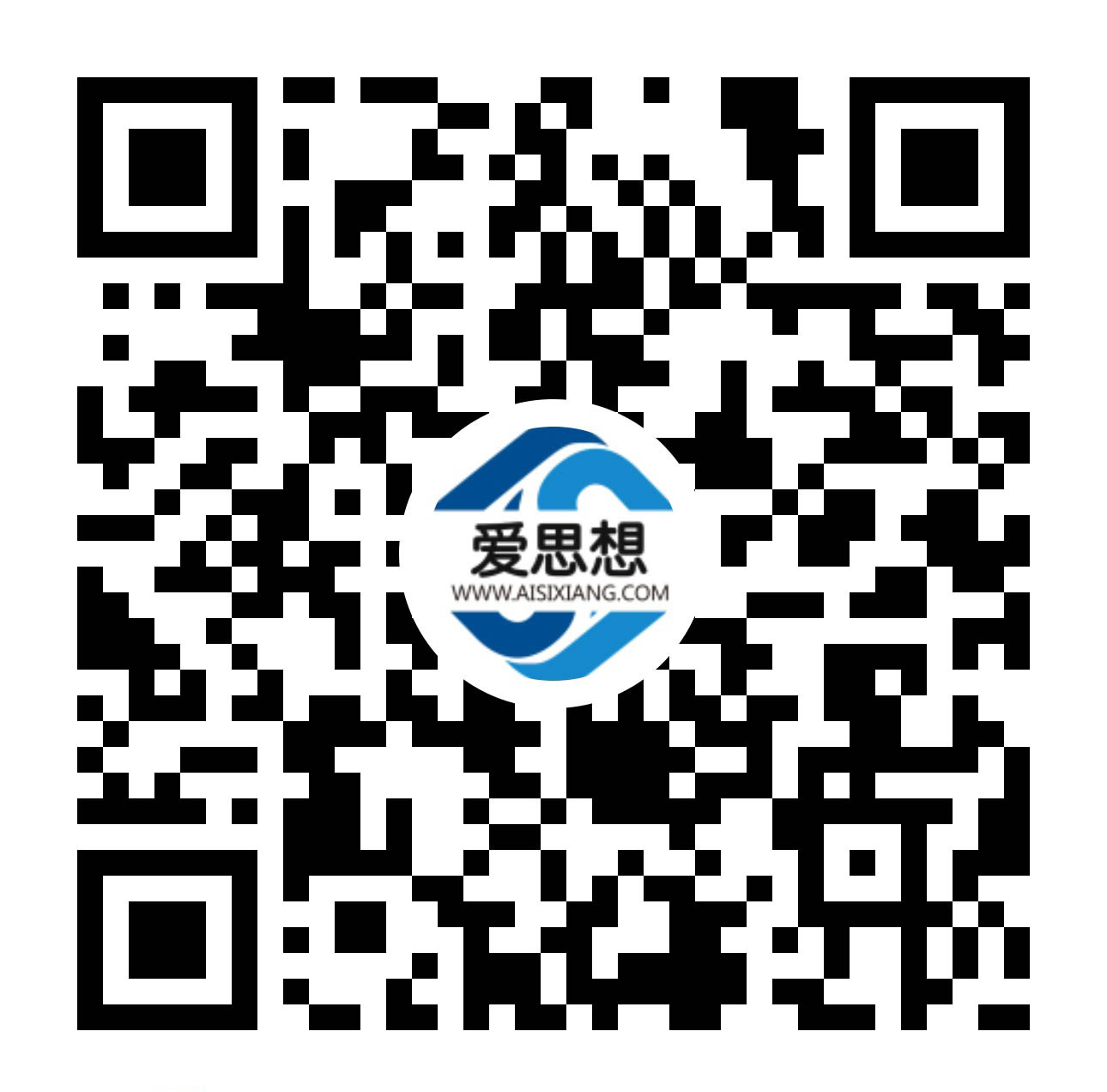Harvard International Review (summer 2004), page 5
When presidential races began in the United States and Russia in 2004, the keenest observer of these elections was in fact China's fourth-generation leaders. In the age of preemption and unilateralism, all three former "political- military" states of the Cold War--though no longer arch enemies—still continue to play the geo-strategic game.
The current triangular dynamics are far from the intense confrontation and almost zero-sum games of the Cold War. They nonetheless have a great deal of nuance, ambiguity, and maneuvering space. That said, there has been a qualitative change in the power configuration among the three; the United States emerged from the Cold War as the world's unquestionable superpower.
Within the limits of this geopolitical confine, however, there is plenty of room for Moscow and Beijing to maneuver. A glimpse of the past decade points to some major accomplishments in Sino-Russian relations, and the two nations also actively coordinate policies in numerous multilateral fora, and over many issues including Iraq, Korea, regional security, and the United Nations.
The growing Beijing-Moscow ties were made, at least partially, in the United States. During the first few months of the Bush administration, Washington was busy playing hard ball with both Beijing and Moscow.
Within ten days, 50 Russian diplomats were expelled from “spying” (on March 21, 2001) and a U.S. surveillance plane collided with a Chinese jet fighter (on April 1, 2001). This was followed by US President George W. Bush's public statement to defend Taiwan and an unprecedented US$5 billion arms sale to the island.
After the attacks of September 11, 2001, Russia and China came quickly to assist the United States with moral support, intelligence sharing, security coordination, and diplomatic efforts, hoping to soft-land their difficult relations with the United States. Washington reciprocated as well. As a result, some of the most "beautiful" relations emerged in this brave new world. Bush seemed convinced that Russian President Vladimir Putin could be trusted because he detected, even before September 11, a "soulmate” in the eyes of the former KGB colonel. Additionally, Bush traveled to China and entertained both Putin and former Chinese President Jiang Zemin at his Texas ranch.
However, Bush's hospitality and the "hot" button he may wish to push are both a matter of choice. Despite active support from Russia and China after September 11, the Anti- Ballistic Missile Treaty was dead by December 13, 2001, within a month of the demise of Taliban. A new, proactive nuclear strategy was then put into place, with both China and Russia part of the "gang of seven" targeted for possible US nuclear strikes. In May 2002, the Bush Doctrine of pre- emption made its debut. In ten months, US-led coalition forces took Baghdad.
Thus, where do triangular dynamics go from here? A quick look at the three top "players" may offer some clue. When Hu Jintao emerged in 2002-2003, China finally came under the tutelage of the baby boomers. Unlike their predecessors, this generation of Chinese leaders has minimum "foreign touch." These home-grown leaders will nonetheless govern China in the coming decade with modesty and pragmatism. Indeed, the era of strong leaders was gone when Deng Xiaoping died in 1997. China has actually done better without those movers and shakers of history.
For the Russians, "Putin the Great" is needed after a decade of steep decline of Russian power and dignity. Regardless how much the West criticizes him, Putin is younger, energetic, composed, intelligent, and even manipulative. The Russians seem to have voted for him with their hearts, if not their minds. In contrast, Mikhail Gorbachev was well- received in the West while unpopular at home.
Like Putin, the self-claimed wartime president of the United States also aspires to greatness and often reminds others that Winston Churchill is his idol. No matter how much Bush is "disengaged" (as former US Secretary of Treasury Paul O'Neill said) from policy making, Putin and Hu are aware that China's historical rise and Russia's current recovery will have to be done within the US-dominated world. If Bush can afford to jump before thinking, they cannot.


